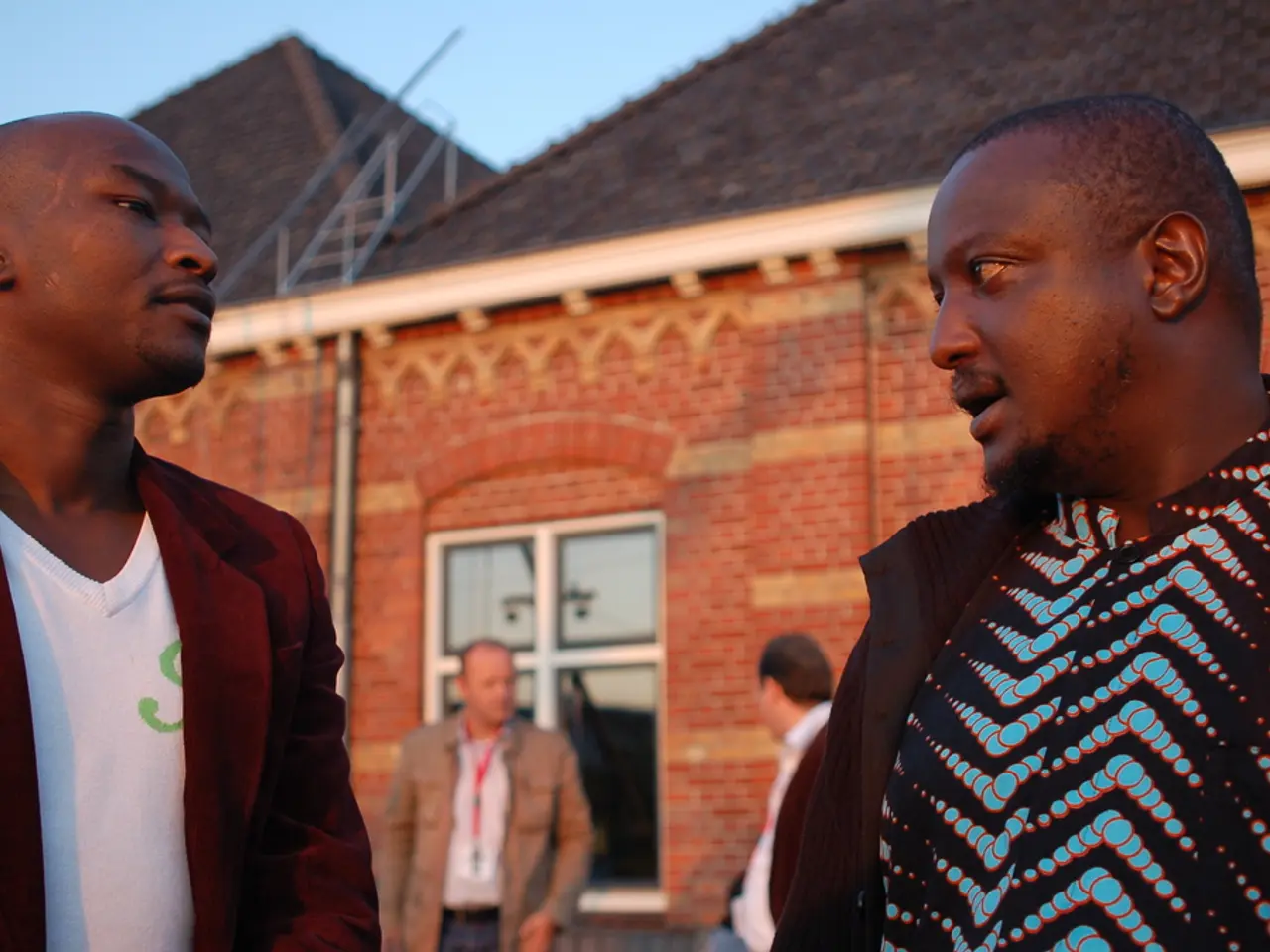Governors' Council criticizes Mbadi over school funding matter
Crisis in Kenya's Free Education: Ghost Schools and Budget Constraints
Kenya's free education programme is facing a critical funding crisis, with severe financial constraints and ghost schools siphoning millions of shillings, as highlighted by the Council of Governors and MPs.
The government's inability to fully finance the free primary and secondary education programme is a result of budgetary constraints and a high national debt burden. This has led to a reduction in capitation funding, with secondary school funding slashed from the required Sh22,244 per learner to Sh16,900. The partial disbursements reaching schools have forced parents to potentially pay fees for their children, despite the official "free education" status.
The existence of ghost schools, non-existent institutions that still receive government capitation funding, has significantly worsened this crisis. Reports show that some phantom schools received up to Sh100 million in capitation money, diverting funds away from legitimate schools and burdening an already underfunded system. This financial leakage compromises resource availability in genuine schools, contributing directly to underfunding, infrastructure failures, and staff shortages throughout the education sector.
CS Julius Ogamba stated that someone must sign off for the transaction before funds are transferred, suggesting a starting point for investigating the funding of non-existent schools. The Council's CEO, Mary Mwiti, emphasised the importance of education for many families and questioned the government's decision to put vulnerable children's lives at risk by questioning the funding of free education.
The Council of Governors argues that, in the tenets of the constitution that guarantees equity and inclusion, education must be availed freely to all citizens. They maintain that county governments have to finance 14 functions, including payment of ECD teachers, while the Ministry of Education only finances capitation and teacher salaries through TSC. However, the Education Ministry is unable to accurately ascertain the number of students and public schools in the country.
In a heated exchange in Parliament, MPs questioned the Ministry of Education and CS John Mbadi about ghost schools and inconsistencies in school funding. The Council of Governors has criticised the national government for questioning the funding of free education, stating that education is crucial for many families and putting vulnerable children's lives at risk is unwise.
CS John Mbadi argues that the government can no longer sustain free primary and secondary education due to debt obligations. The scandal highlights the school financial mess, where ghost institutions thrive while public schools struggle due to underfunding, pending bills, and unpaid staff. The budget cannot support the current Sh22,000 capitation for secondary school learners, according to John Mbadi.
It was revealed that billions of shillings allocated for free education might be spent on ghost schools. The Council of Governors has criticised National Treasury CS John Mbadi for suggesting that the government cannot fund free education. The Council of Governors questions what is left for the poor and vulnerable children if a whole CS stands and says the government cannot sustain free education.
The crisis threatens the viability of free education and risks shifting costs back to parents, particularly harming low-income families. The Council of Governors argues that the national government cannot pride and boast of equity when education, the only equalizer, cannot be provided. The scandal has raised concerns about the misappropriation of funds meant for schools and the need for transparency and accountability in the education sector.
- Politicians in Parliament are demanding explanations about the funding of Kenya's free education programme, questioning the Ministry of Education about ghost schools and inconsistencies in allocation.
- The crisis in Kenya's free education, with ghost schools and budget constraints, has prompted the Council of Governors to argue that education, guaranteed by the constitution, must be availed for all citizens, and county governments need funds for 14 functions, including ECD teacher payments.
- The epaper recently reported on a scandal where billions of shillings meant for online education and general news topics like learning might instead be spent on non-existent schools, highlighting the need for policy-and-legislation to address this misappropriation of funds.
- In light of the crisis, some argue that the government's decision to discontinue free education is unwise, potentially burdening low-income families with education fees, compromising equity, and putting the only equalizer, education-and-self-development, out of reach for many.




